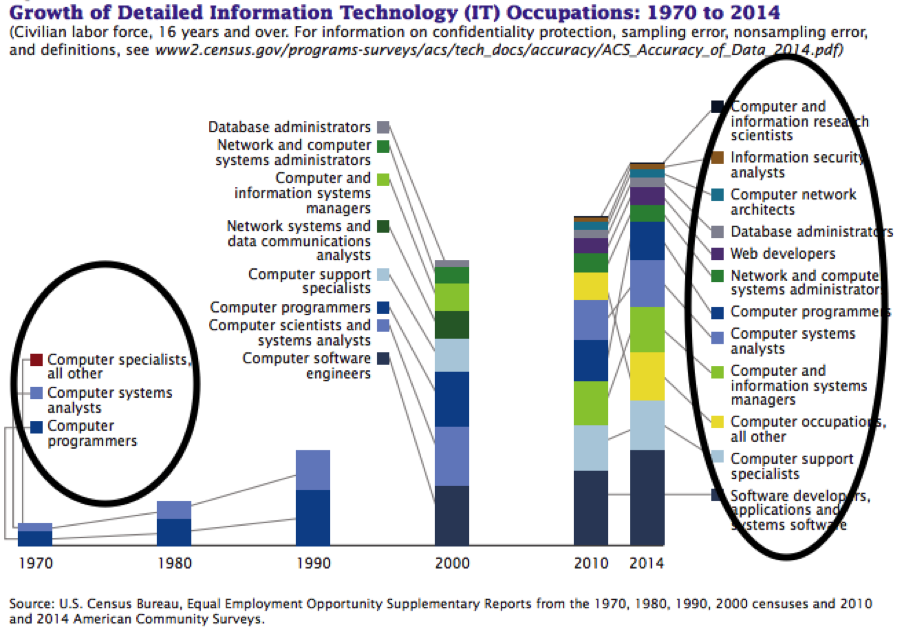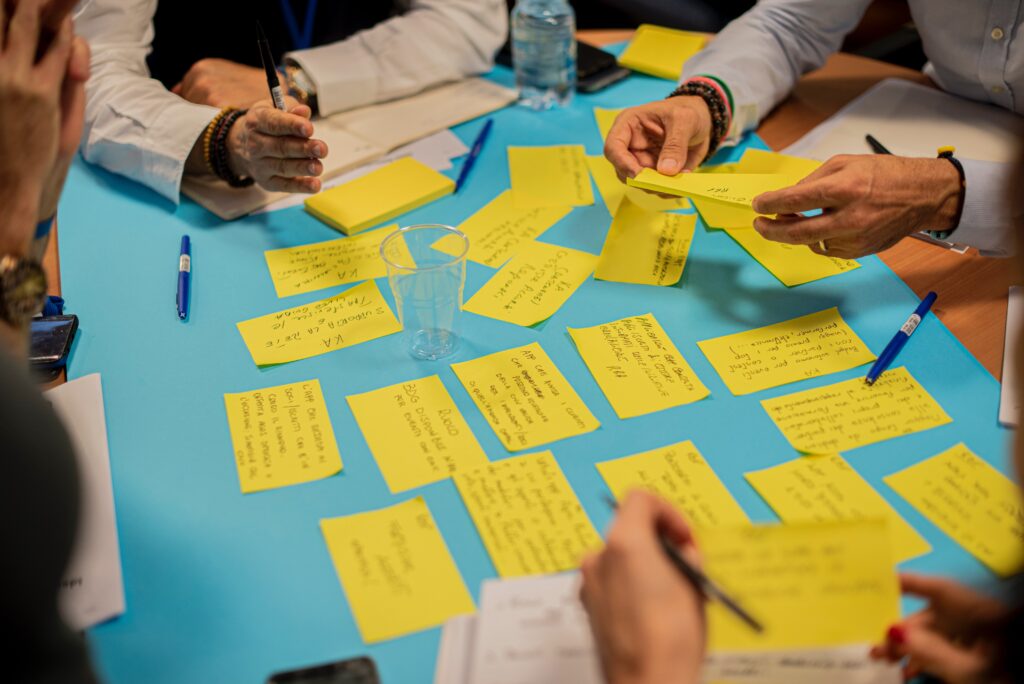By Tuly Reyes & Chelsea Prudencio
As promised in our series, “A Data Science Story” this blog will provide insights into data from surrounding villages in Nassau County as it relates to Education and the Digital Divide. The data set was downloaded from the US Census for the following Villages: Rockville Centre, Freeport Village, Garden City, The Village of Hempstead, and Lynbrook.
Step 1: In Data Science terms, we “wrangled” the data. That means, remove blanks, and organize in a structure that we can use. We used Excel, and a nice trick to “transpose” the rows and columns, then saved it as a comma separated values (CSV).
Step 2: Next we need to explore the data. So we will use Google Colab. It is an excellent tool for data exploration and analysis, again in Data Science terms, this is EDA or Exploratory Data Analysis.
During our EDA, we noticed that “computer and internet access” were reported in percentages. And while the percentages looked good all around, we wondered what the impact would look like not in percentages but in terms of individual persons.

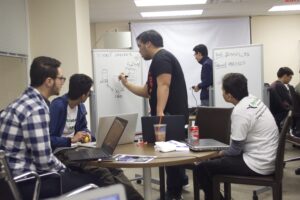
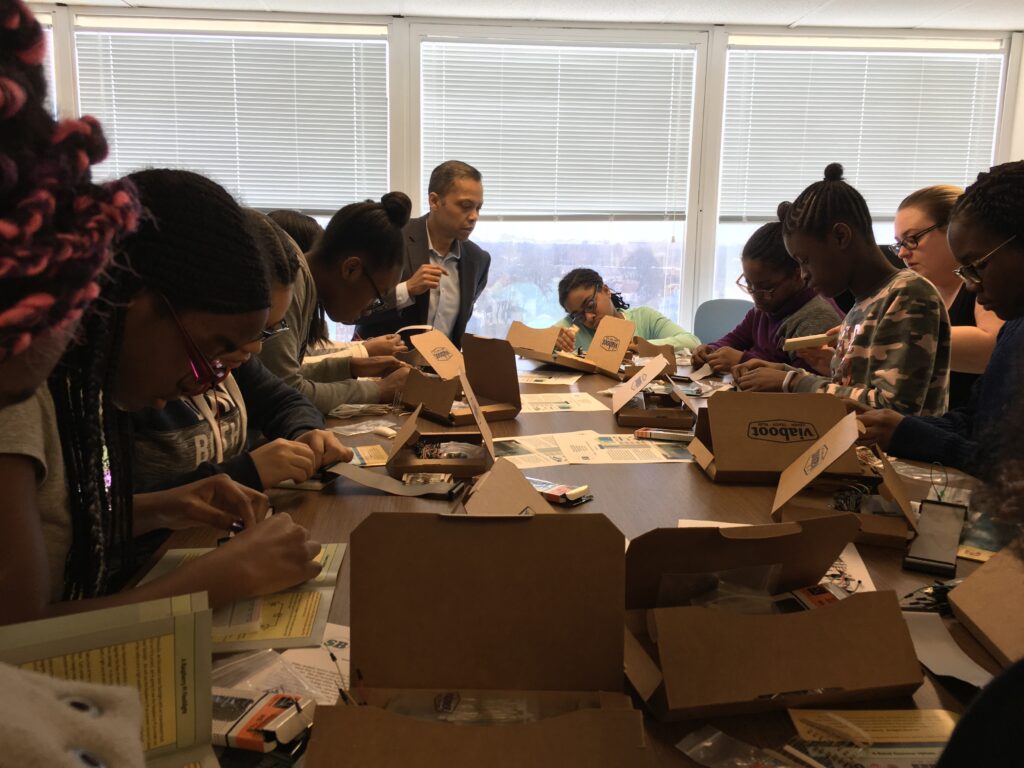
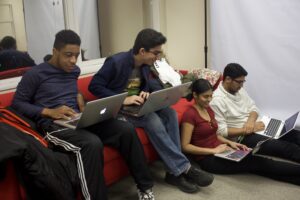


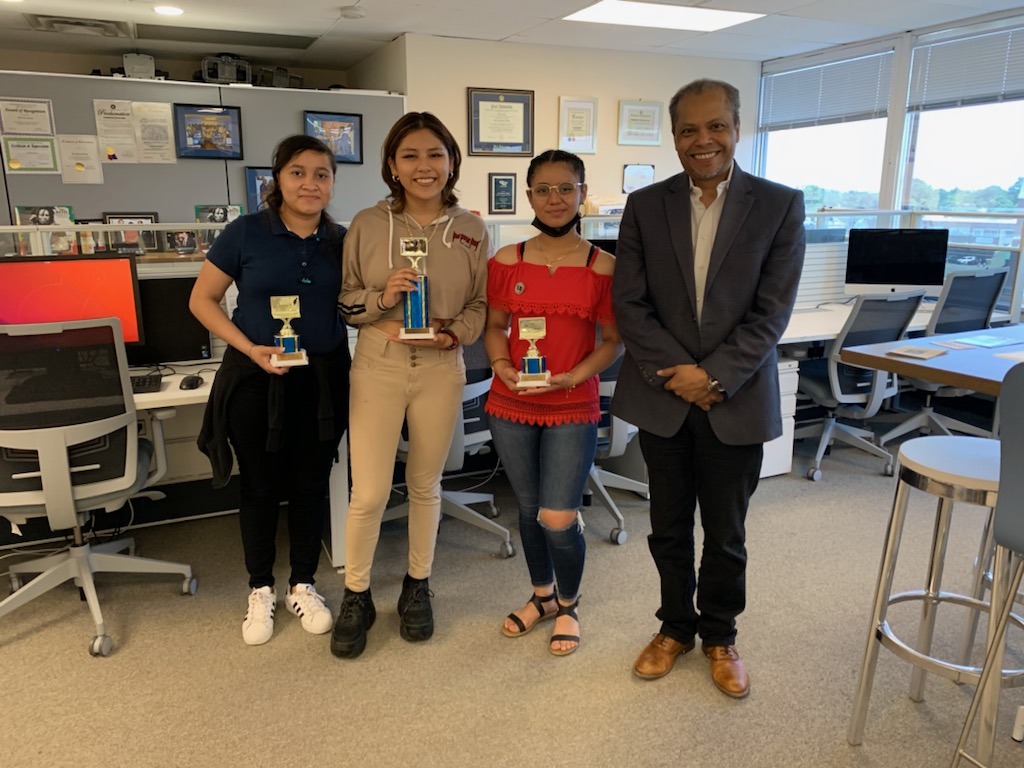
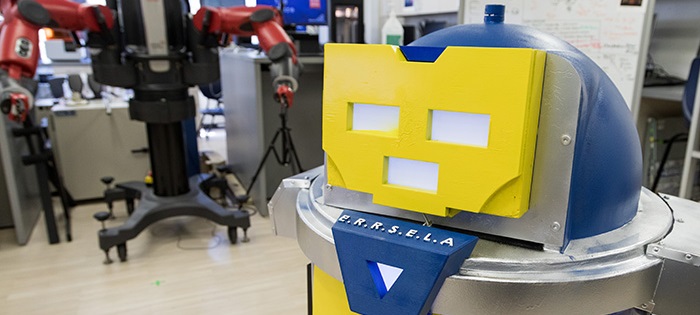
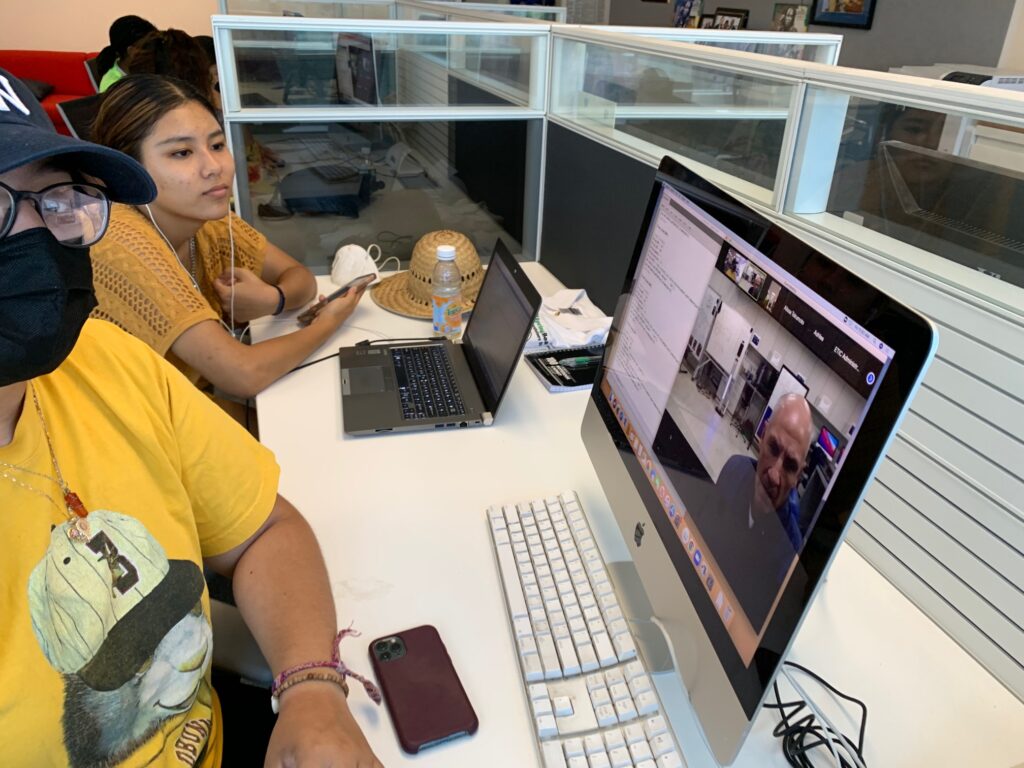
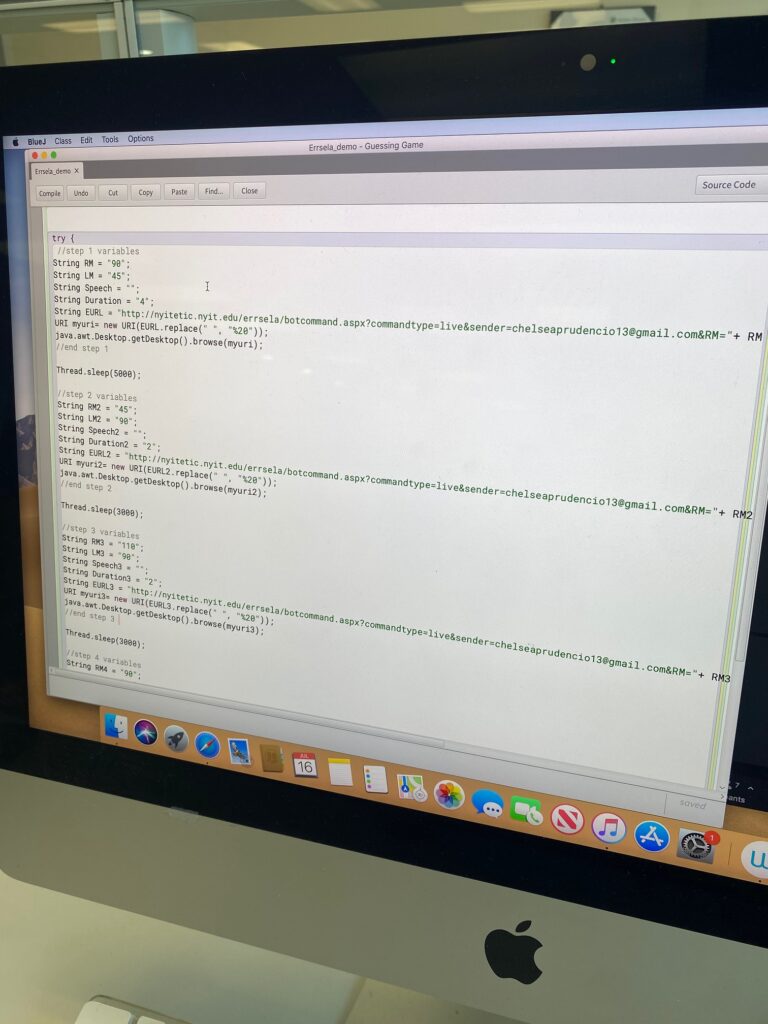

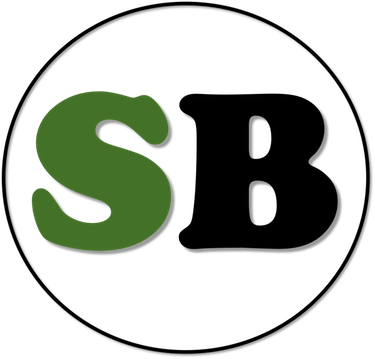 Since the information technology (IT) boom in the 1990’s IT workers more than doubled between 1990 and 2000. The chart below from the U.S. Census shows the growth since 1970 and the diversity of jobs that are available to IT professionals.
Since the information technology (IT) boom in the 1990’s IT workers more than doubled between 1990 and 2000. The chart below from the U.S. Census shows the growth since 1970 and the diversity of jobs that are available to IT professionals.